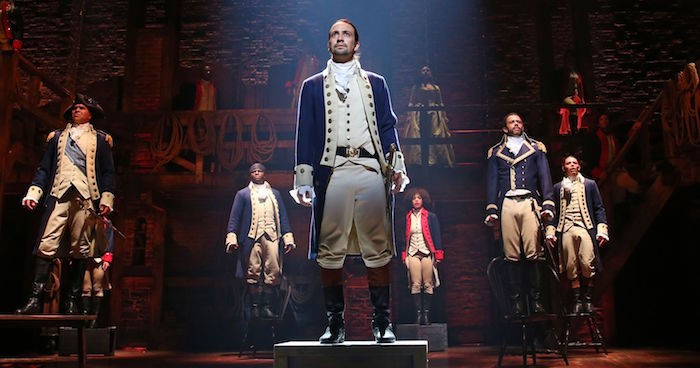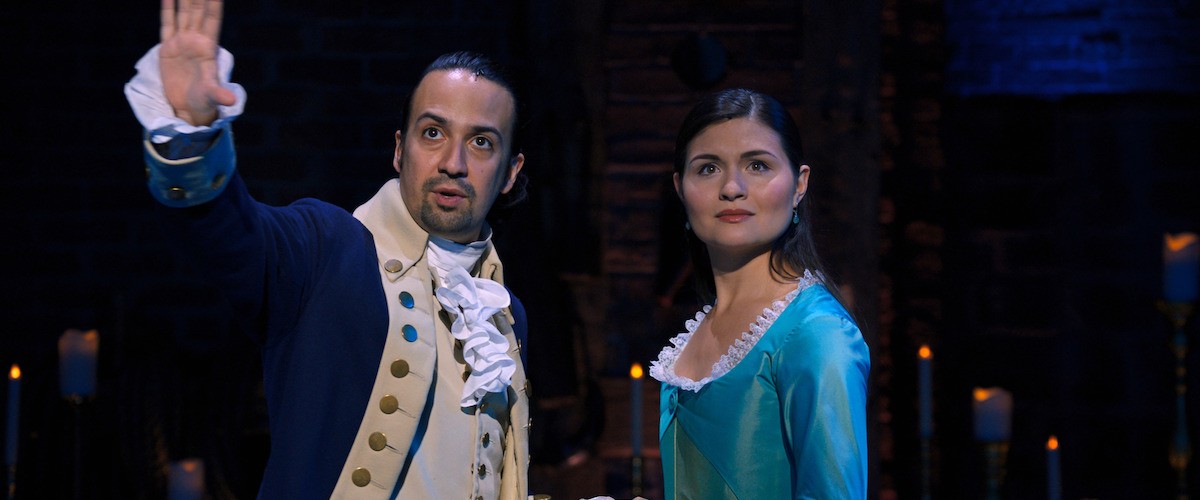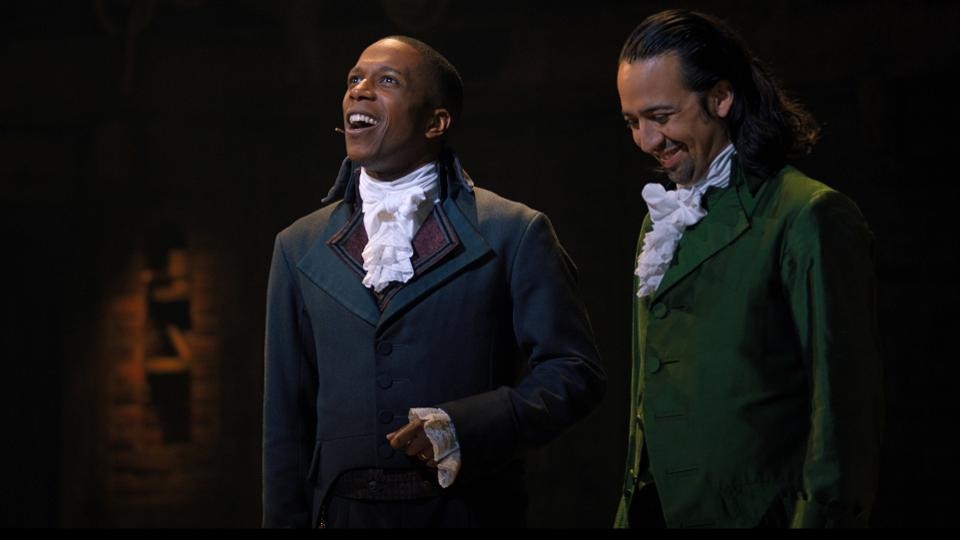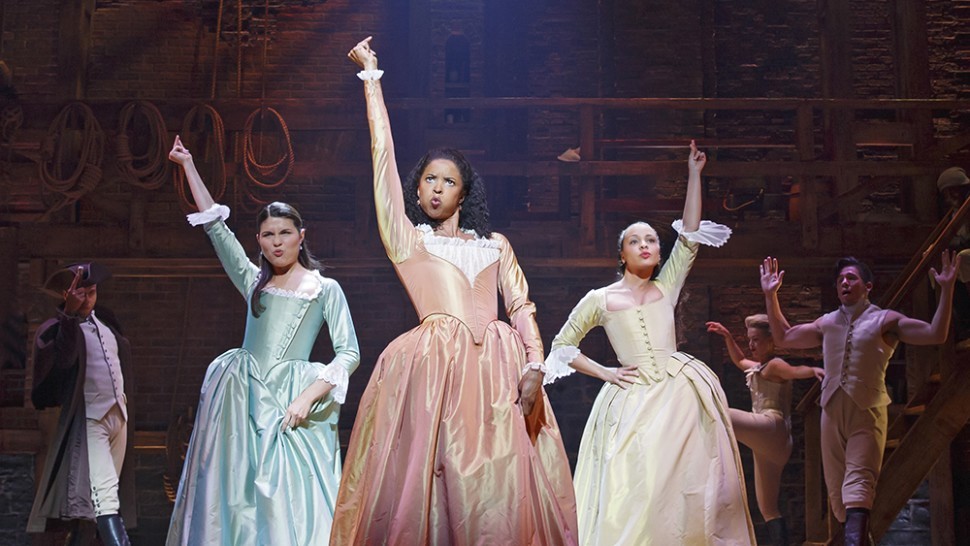
Michael Butler, Jr. accepting his award Best Hometowner Narrative Short award for ‘Empty’ at the 2020 Indie Memphis Virtual Award Ceremony.
In normal times, the Indie Memphis awards ceremony is a raucous gathering, full of self-deprecating gags and boozy cheers. This year, things were different.
Thanks to the coronavirus pandemic, the awards ceremony was virtual. The ceremony was broadcast from the auditorium at Playhouse on the Square, where it would usually occur, with about a hundred filmmakers calling in on Zoom. As befitting the times, it was a more somber affair, but it produced moments of unique magic.
Many more of the awards recipients were able to accept in person than in a normal year. Executive Order writers Lázaro Ramos & Lusa Silvestre accepted the Duncan Williams Screenwriting Award from their home in Brazil. I Blame Society director Gillian Hovart, at home in Los Angeles, introduced her cat, who co-starred in the film, when she accepted the Craig Brewer Emerging Filmmaker Award. And most remarkable of all, director Michael Butler, Jr. accepted his Best Hometowner Narrative Short award for “Empty” from Methodist Hospital, where he was on call, cheered on by his fellow nurses, who looked a little bewildered. It was a uniquely 2020 moment.
The Best Narrative Feature went to Emily Seligman’s coming-of-age comedy Shiva Baby, while Best Documentary Feature went to Cane Fire, director Anthony Banua-Simon’s story of colonial exploitation and labor struggle in Hawai’i. When Deni Cheng accepted her Best Narrative Short award for “Paradise,” the astonished first-time filmmaker revealed that she had not been accepted into any other festivals. Kyungwon Song won Best Documentary Short for “Jesa”.
The Hometowner Feature prize went to Lauren Ready for We Can’t Wait, her cinéma vérité portrait of Tami Sawyer’s 2019 mayoral campaign. Best Hometowner Documentary Short was awarded to “Road to Step” by Zaire Love, which documented a season of Black fraternity life at the University of Mississippi. Best Hometowner Music Video went to The Poet, Havi for “You’re My Jesus”.
The Indie Grant program, which awards production packages worth $13,000 to short film proposals from Memphis filmmakers, went to G.B Shannon for his documentary short “Here Be Dragons,” to Justin Malone for his narrative short “Beware of Goat.” The first ever proof-of-concept Indie Grant, intended to help a filmmaker produce a short film that could sell a feature film concept to potential investors, went to Daniel Farrell for “Beale Street Blues.”
The Festival Awards, selected by staff and board members, are enduring traditions at Indie Memphis. The Soul of Southern Film Award, which stretches back to the origin of the festival, went to Lawrence Matthews’ Memphis labor documentary “The Hub.” The Ron Tibbett Excellence in Filmmaking Award, which honors the festival’s DIY roots, went to “The Inheritance” by Ephraim Asili. The Indie Award, which honors a Memphis-based crew member for outstanding service, went to Daniel Lynn, sound engineer at Music + Arts Studio. Lynn, who was mixing sound for the ceremony live stream, was one of the few people to actually accept their awards in person at Playhouse.
The most emotional moment of the night came courtesy of the Vision Awards. Kelly Chandler founded Indie Memphis in 1998 while she was a film student at the University of Memphis. Chandler no longer works in the film industry, and has lived abroad for decades. For years, journalists such as myself and Indie Memphis staff have tried to contact her to clear up details about the founding of the festival which have been lost to history. Finally, earlier this year, Indie Memphis staffer Joseph Carr, with the help of the U of M alumni office, tracked her to South Korea. Chandler gave a moving speech accepting the Vision Award in which she recounted the first night of the festival, which was held not in the Edge coffee shop as legend had it but instead in an empty Cooper-Young warehouse owned by the same people, and encouraging filmmakers to follow their dreams.
More winners from Indie Memphis 2020:
Best After Dark Short: “The Three Men You Meet at Night” by Beck Kitsis
Best Departures Feature: My Darling Supermarket by Tali Yankelevich
Best Departures Short : “The Return of Osiris” by Essa Grayeb
Best Sounds Feature: Born Balearic: Jon Sa Trinxa and the Spirit of Ibiza by Lily Renae
Best Animated Short: “Grab My Hand: A Letter to My Dad” by Camrus Johnson and Pedro
Piccinini
Best Music Video: “Colors” by Black Pumas, directed by Kristian Mercado
Best Poster Design: Pier Kids
Tonight, Indie Memphis 2020 concludes at the Malco Summer Drive-In with One Night in Miami. Regina King, who won the Best Supporting Actress Academy Award for If Beale Street Could Talk and recently took home an Emmy for her work on HBO’s Watchmen, makes her feature film directorial debut with this adaptation of Kemp Powers play about the night Cassius Clay (Eli Goree) celebrated winning the Heavyweight Championship with his friends Malcom X (Kingsely Ben-Adir), Jim Brown (Aldis Hodge), and Sam Cooke (Leslie Odom, Jr.).
Indie Memphis 2020: One Night In Miami, and An Awards Ceremony Like No Other
Then the festival closes with a little Halloween spirit. House is a legendary 1977 horror film from Japan’s fabled Toho studios. Directed by experimental filmmaker Nobuhiko Obayashi and featuring a cast of all-amateur actors and some truly eye-popping special effects, it has had huge influence on the horror comedy genre.
Indie Memphis 2020: One Night In Miami, and An Awards Ceremony Like No Other (2)



